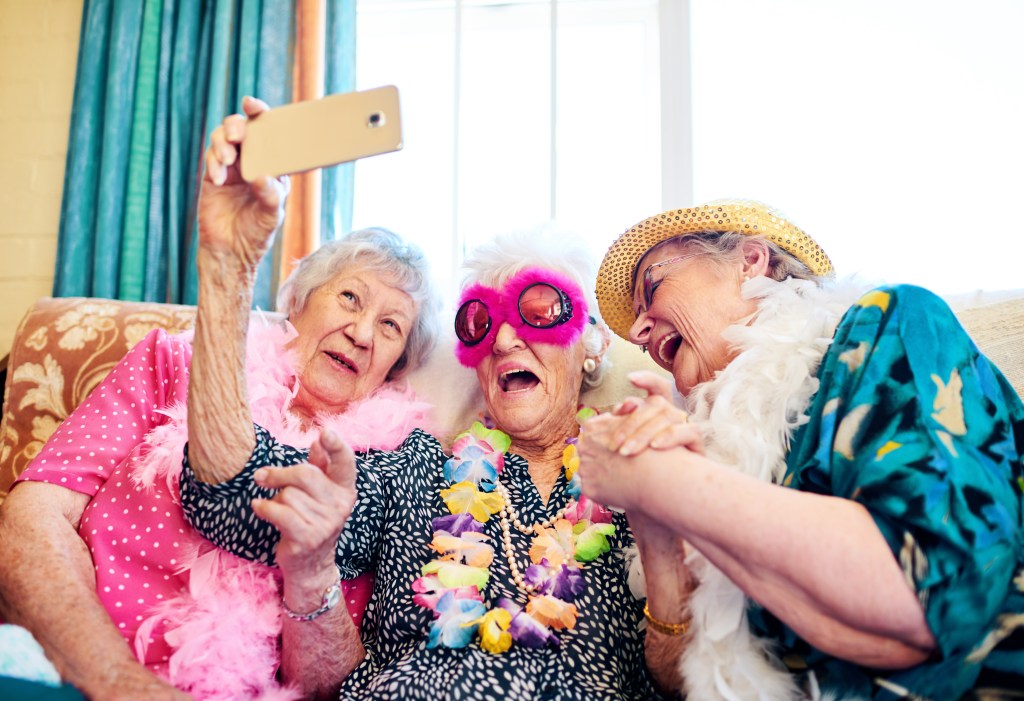Bingo Night just got much more interesting.
A new study suggests that active social attitude in your golden years may be the secret of a longer and sharper life.
Whether it’s eating with friends, following religious services, or just staying connected, researchers at the Rush University Medical Center found that older adults holding social ties develop dementia for up to five years later than those who isolate themselves and themselves them.

“This study is a continuation of previous letters from our group showing that social activity is about less cognitive decline of the elderly,” said Bryan James, an associate professor of domestic medicine in Rush, in a notice of press.
The research receives new emergency after the coronavirus pandemic, which left many seniors isolated. Chronic loneliness has been linked to cognitive decline, especially in the brain regions responsible for memory and executive function.
In the study, researchers attended 1,923 elderly people who were originally mad at, checking with them each year to monitor their social activity and cognitive health. Over seven years, 545 participants developed dementia, while 695 showed signs of mild cognitive damage.
After factoring in variables such as age, education and marital status, the team found that the most common social activity was related to a 38% lower chance of developing dementia and a 21% lower risk of mild cognitive damage.
The exact reason that social activity plays a role in cognitive health is not entirely clear. One theory is that it challenges older adults to get involved in complex social interactions, which can help maintain or strengthen nerve networks, many as an approach “use it or lose it,” James said.
In other words, companionship keeps brain nerve circles sharp, making them more resilient to age -related changes. Conversations, navigating social situations, and even playing bingo all activates the areas of brain responsible for thinking and memory.

Researchers say their findings underline the potential of social activity as a community level strategy to help reduce the risk of dementia.
The wider impact is even more wonderful. A five-year delay in the onset of dementia can save about $ 500,000 at the cost of health care per person, while potentially adding an extra three years to the longevity of those who would have developed memory disease differently.
In 2022, more than six million Americans were living with dementia – nearly 10% of people aged 65 and older. That same year, madness was the underlying cause of death for 288,436 seniors.
New forecasts suggest that the number of people in the US in the development of dementia can double over the next 30 years, reaching about one million cases per year by 2060. Growth is mainly run by the aging population as more Americans are living longer than previous generations.
#entertainment #activity #reduce #risk #dementia
Image Source : nypost.com